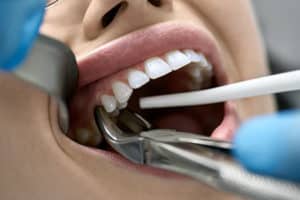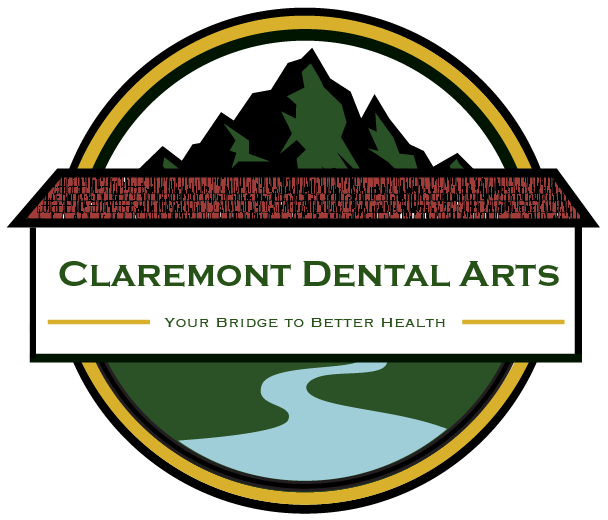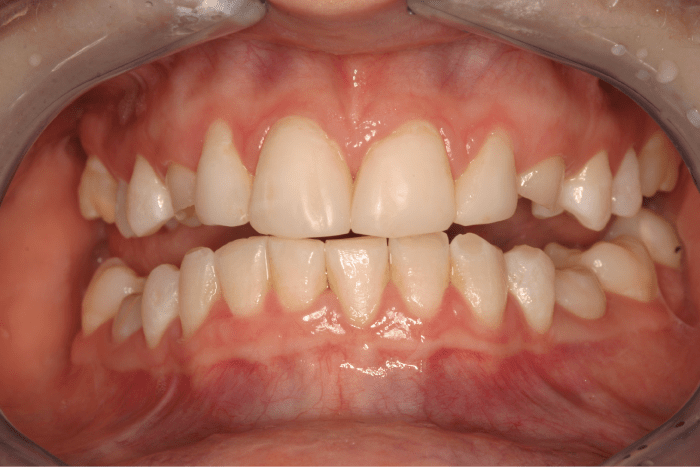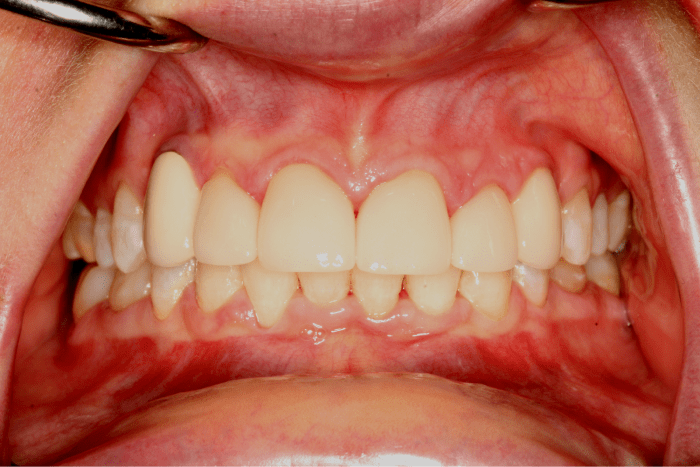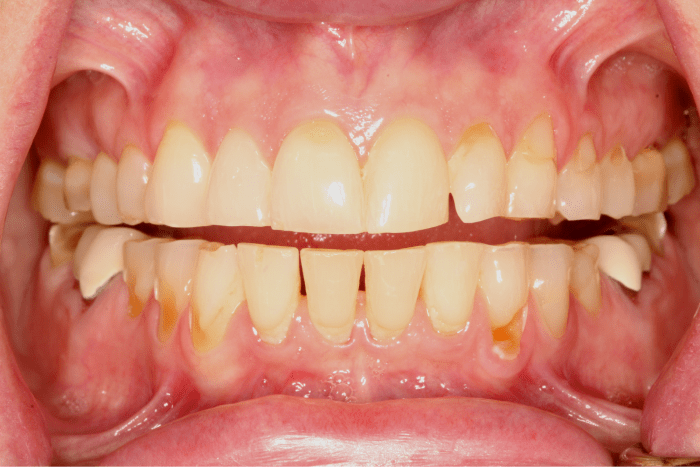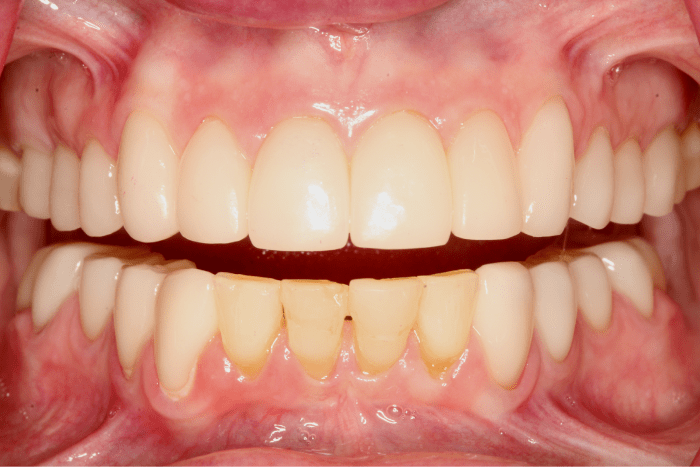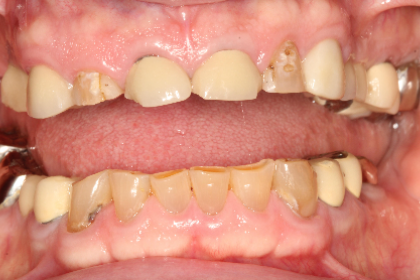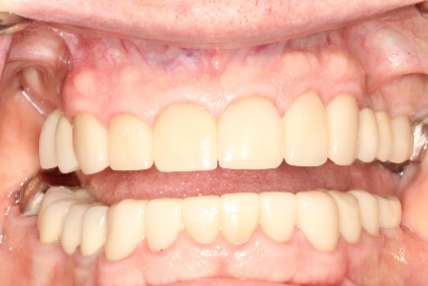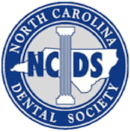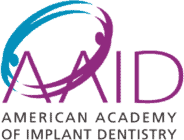Tooth Extraction Procedures
Your dental expert may recommend a tooth extraction for several reasons, including decay and severe damage. Fortunately, tooth extraction is extremely common and a highly-evolved dental procedure that can successfully eliminate bacteria, while improving your oral health.
Tooth extractions specialists, like periodontists and oral surgeons, are trained to remove teeth safely, even in complex cases. However, general dentists may also perform extractions.
Extractions
Despite the best intentions, teeth sometimes need to be removed. Regardless of the situation, this minor surgical procedure can be brought together in a way that considers your short and long-term concerns. From anxiety control to planning for tooth replacement, we’ll factor in every aspect of your case.
Learn More About Extractions
Oral Surgery
Minor surgical procedures sometimes help treat problems in your mouth. Defects in the bone or compromised supporting gum tissue may sometimes undergo repair with precise surgical techniques. And quick biopsy techniques can help us learn what’s behind changes in the lining of your mouth.
Learn More About Oral Surgery
Root Canals
While many patients are concerned about root canals, modern techniques often make this procedure as quick and simple as any other procedure. Infected teeth in danger of removal can be disinfected and filled with a sealer, leaving a safe solution for problematic situations.
Learn More About Root Canals
Bone Grafting
The bone around your teeth is highly specialized and doesn’t regenerate when it’s lost. Your teeth rely on this bony foundation to remain stable and functional, and even small defects can compromise your ability to maintain a tooth. Sometimes we can repair these defects by adding bone grafting materials.
Learn More About Bone Grafting
What to Expect When Getting Your Tooth Pulled
Local anaesthesia will be administered to cease any sense of sensation around the affected tooth and gum tissue. Your dentist will then use specialized dental instruments to gently loosen the tooth and lift it from its socket.
If necessary, your dentist will make incisions in your gums to access and remove the tooth. The socket will then be cleaned and disinfected. Some cases may necessitate a bone graft after tooth extraction to prevent bone loss in the jaw. Finally, stitches will be placed where needed for tooth extraction healing.
Dos and Don'ts After Wisdom Tooth Extraction
Dos
- After surgical tooth extraction, gently bite on your gauze to stop the bleeding. You may discard the gauze once the bleeding has stopped.
- Consume only liquid and soft foods initially. You should be able to slowly transition to harder foods as tooth extraction healing progresses. t
- Drink plenty of fluids.t
- Take your pain medication as advised by your dentist. Skipping a dose could result in more pain that may be difficult to soothe later.
Don’ts
- Avoid using straws, sucking, or smoking as these activities can hamper the blood clot forming over the tooth extraction site. Dislodging the clot can result in more bleeding, pain, and a condition called dry socket, which can increase the tooth extraction healing time.
- Steer clear of hard and sticky foods such as chewy candy, crisps and chips, nuts, pretzels, and popcorn for at least a week after your tooth extraction.
- Stop using ice packs 48 hours after your teeth extraction and switch to heating pads. The warmth can soothe the extraction site and promote healing.
- Don’t rinse your mouth vigorously or use hot water. Use lukewarm saltwater for gentle rinsing.
